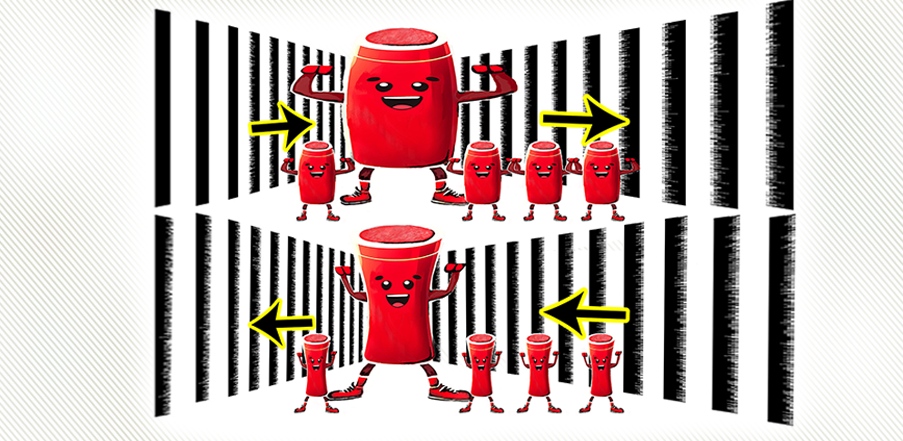Researchers from Swinburne University of Technology have received funding for the development of cutting-edge, responsive materials with potential applications in fields ranging from drug delivery to materials science.
Professor Peter Kingshott from the Department of Chemistry and Biotechnology secured the large, multi-institutional grant through the AUSMURI program, a joint initiative of the US Department of Defense and Australia’s Department of Defence.
“This is a unique project that brings together a highly complementary team of experts where the possibilities for major breakthroughs in materials science are enormous”, Professor Kingshott said.
Using ‘nanoparticle origami’ or nanoparticle self-assembly, Professor Kingshott will lead the team responsible for modifying nanoparticles with complex chemistries that can be used in the creation of new materials through self-assembly or ‘DNA origami’ when stimulated with light or magnetic fields.
The work strengthens Swinburne’s position as a global leader in scientific innovation.
“The funding also establishes new research networks, both within Australia and in the US, that will expand our capabilities in the field and create a long-lasting legacy in Australian science”.
The multimillion-dollar funding deal will be shared in Australia between Swinburne and additional collaborators from the University of Sydney and the University of Melbourne.
The US part of the project is led by Colombia University, and further involves Johns Hopkins University, University of Michigan and University of Wisconsin-Madison. Total funding for the project is up to $US8.5 million ($12.6 million).
“This project is an incredibly collaborative effort with partners from the US and Australia who have broad expertise in experimental and computational materials science and nanotechnology.
“We’re confident that bringing together traditionally separated fields and unexplored ideas will result in some truly transformative concepts”, said project lead from Columbia University, Professor Oleg Gang.
“I am excited about the vision of this project to create new-generation responsive materials by combining adaptable, self-assembling biological structures with inorganic nanomaterials”, said Professor Marcela Bilek, the Australian lead, from the University of Sydney.
Other key researchers in Australia include Dr Shelley Wickham and Dr Anna Waterhouse from the University of Sydney and Professor Amanda Ellis from the University of Melbourne.






.jpg?sfvrsn=97edde42_5)